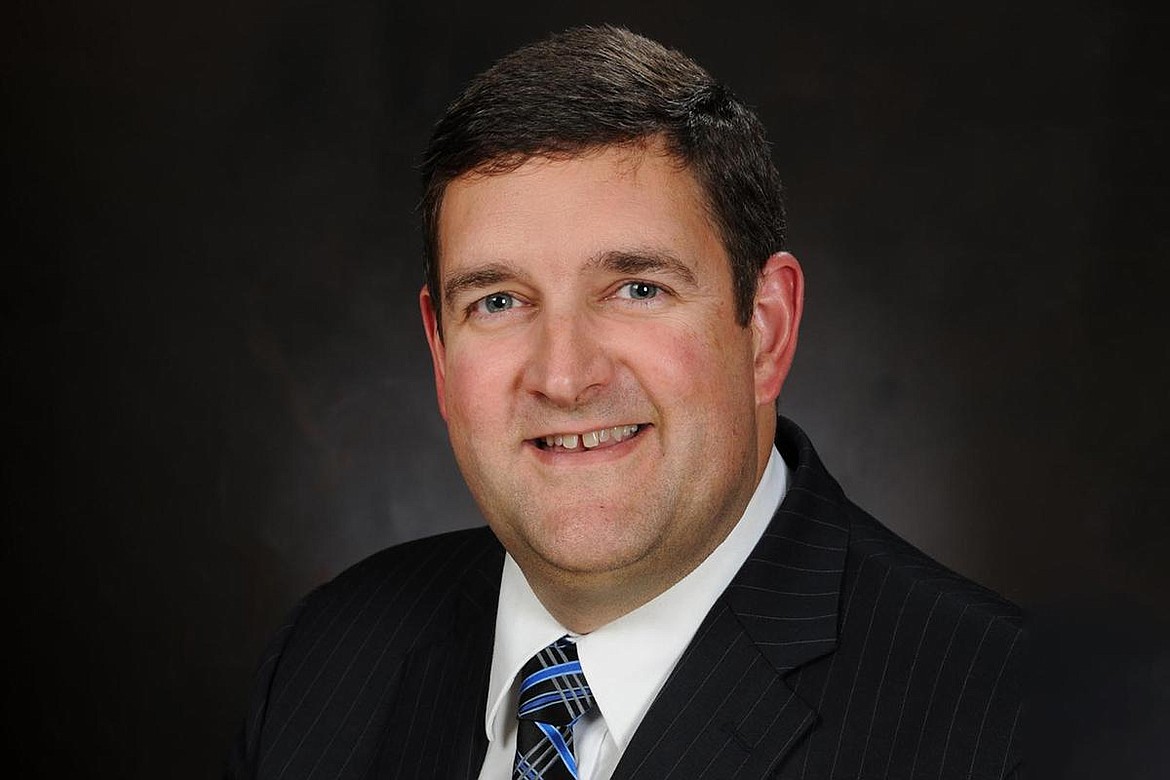Health officials: Idaho's COVID-19 situation likely to get worse
Department of Health and Welfare Director Dave Jeppesen said when the COVID-19 vaccine became available, he had to make two decisions.
Should he get the vaccine?
Should he recommend Idaho’s 1.8 million population get the vaccine?
After following the vaccine-approval process carefully, he decided the answer, for both, was yes. The vaccine is safe and effective, Jeppesen said.
“I’m confident in saying it,” he said.
The Department of Health and Welfare held a media briefing about COVID-19 in Idaho on Tuesday afternoon.
It included Elke Shaw-Tulloch, administrator for the Division of Public Health; Dr. Christine Hahn, state epidemiologist; Dr. Kathryn Turner, deputy state epidemiologist; Dr. Christopher Ball, chief of the Idaho Bureau of Laboratories; and Sarah Leeds, manager of the Idaho Immunization Program.
Jeppesen said the average daily hospitalization number statewide was 457 last Friday. During the peak of the COVID-19 in early December, it was 466. And hospitalizations are rising much faster today than nine months ago, he said, and they expect it to stay that way. COVID-19 patients statewide on ventilators was 76 on Friday. In mid-December, it was 60.
“We expect this to get worse in the coming days and weeks,” Jeppesen said.
Idaho reported 1,226 new COVID-19 cases Tuesday.
With the majority of current coronavirus patients unvaccinated, Jeppesen said, “the real answer is up to all of us, which is to choose to get vaccinated.”
The Department of Health and Welfare announced Tuesday that hospitals and free-standing primary and urgent care clinics in Idaho can start applying for funding made available by Gov. Brad Little last week to address the state’s COVID-19 situation.
The funding, $1,000 per licensed bed, will be used to address hospital constraints and needs related to the massive influx of COVID-19 patients.
It can go toward relieving staffing shortages, including retention bonuses; hiring new staff at higher rates of pay; hiring temporary staff and paying overtime hours.
Kootenai Health has had a staffing shortage of about 500 and has a team dedicated to resolving that issue.
Dr. Hahn said the expected addition of COVID-19 monoclonal antibody treatment facilities in North Idaho, eastern Idaho and the Treasure Valley will be another tool for those the coronavirus is toughest on — the elderly and those with compromised immune systems and health issues such as obesity, diabetes and respiratory problems.
“It’s not a panacea,” she said. “The vaccination is the best way” to prevent COVID-19 new cases, hospitalizations and deaths.
Leeds said there are “glimmers of hope” as more Idahoans are getting vaccinated. She noted that 87,000 people in the state have received one dose of a two-dose series, which when complete would bring Idaho to well over 800,000 people fully vaccinated, which is about 46% of its total population, according to the state's website.
In comparison, a total of 173.8 million Americans have been fully vaccinated, about 52 percent of the country's population, according to the CDC.
“Each week, more are choosing to get vaccinated,” Leeds said.

